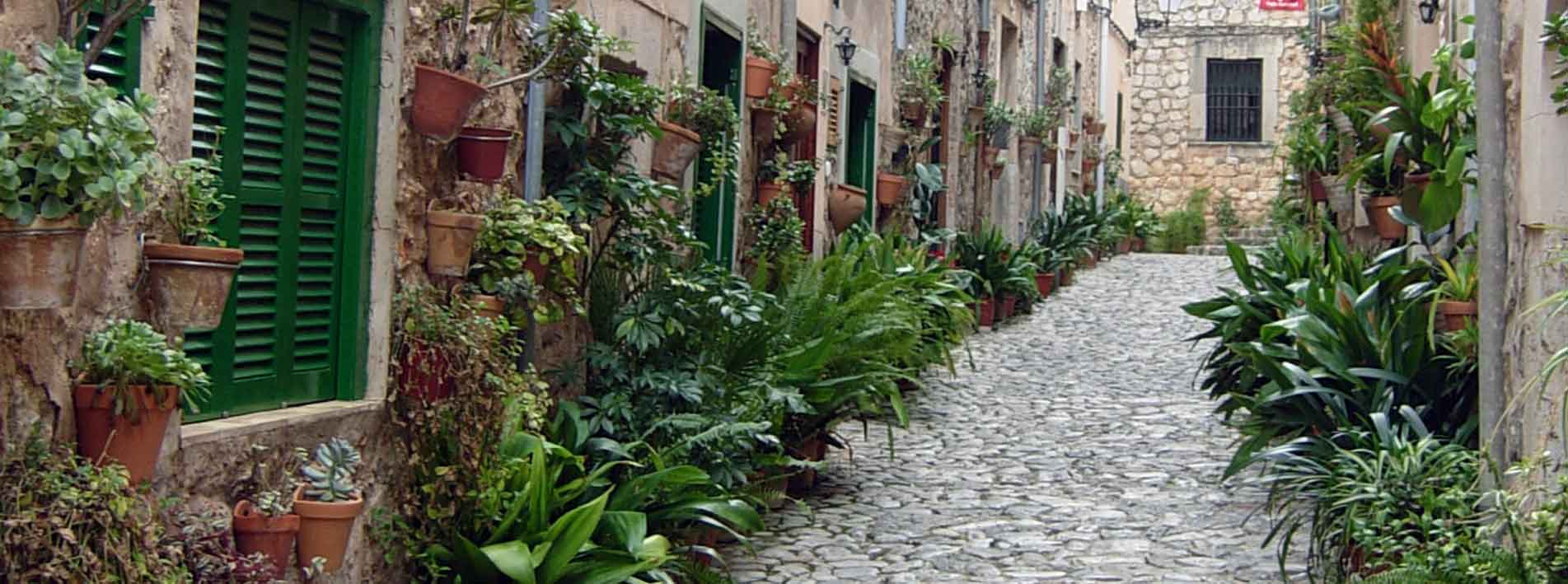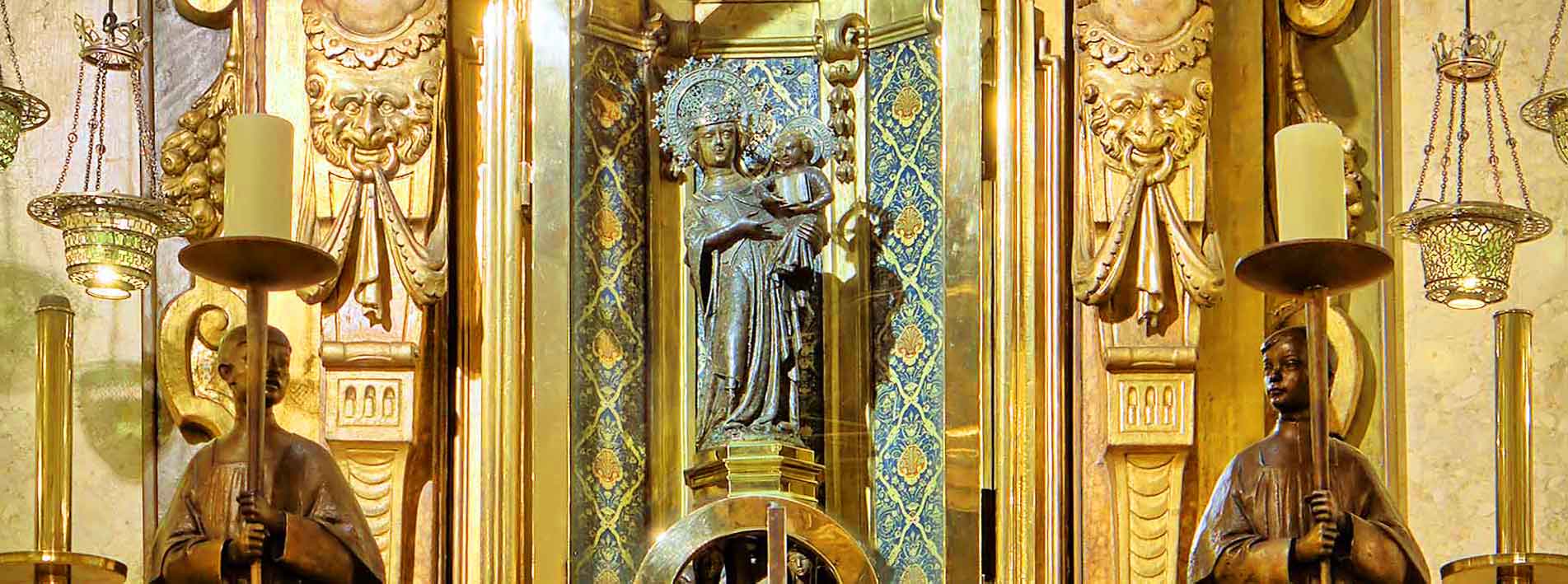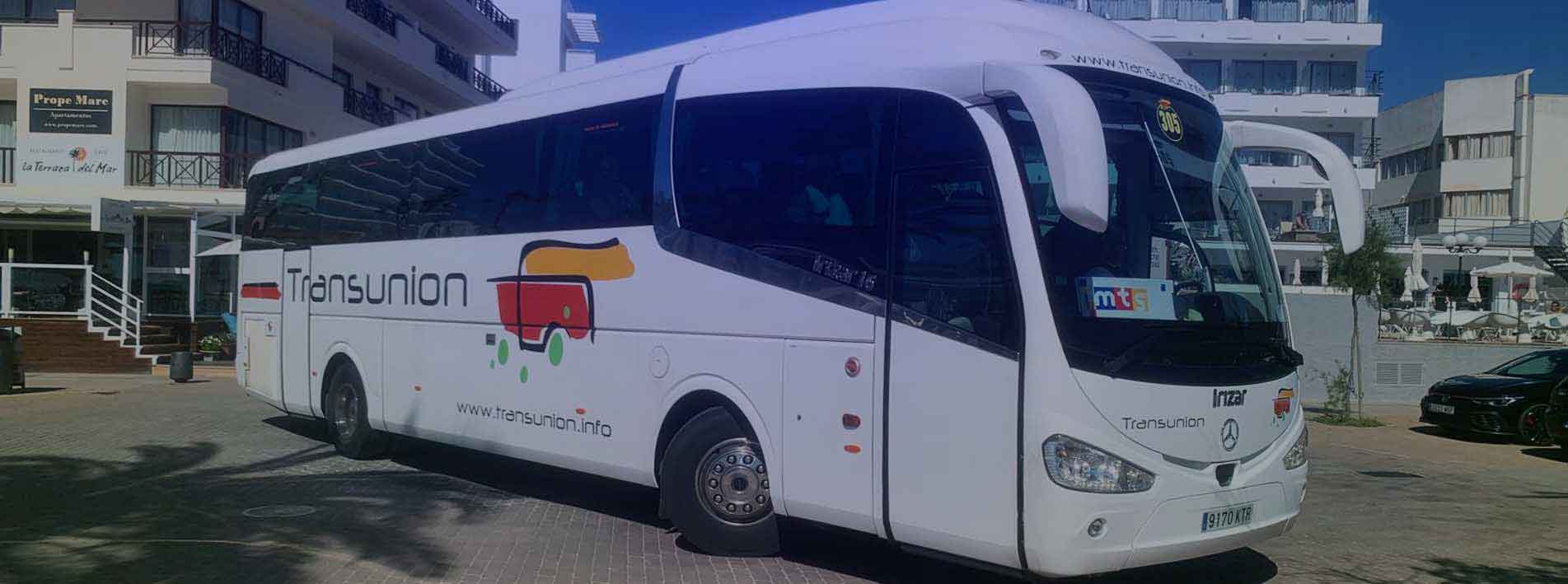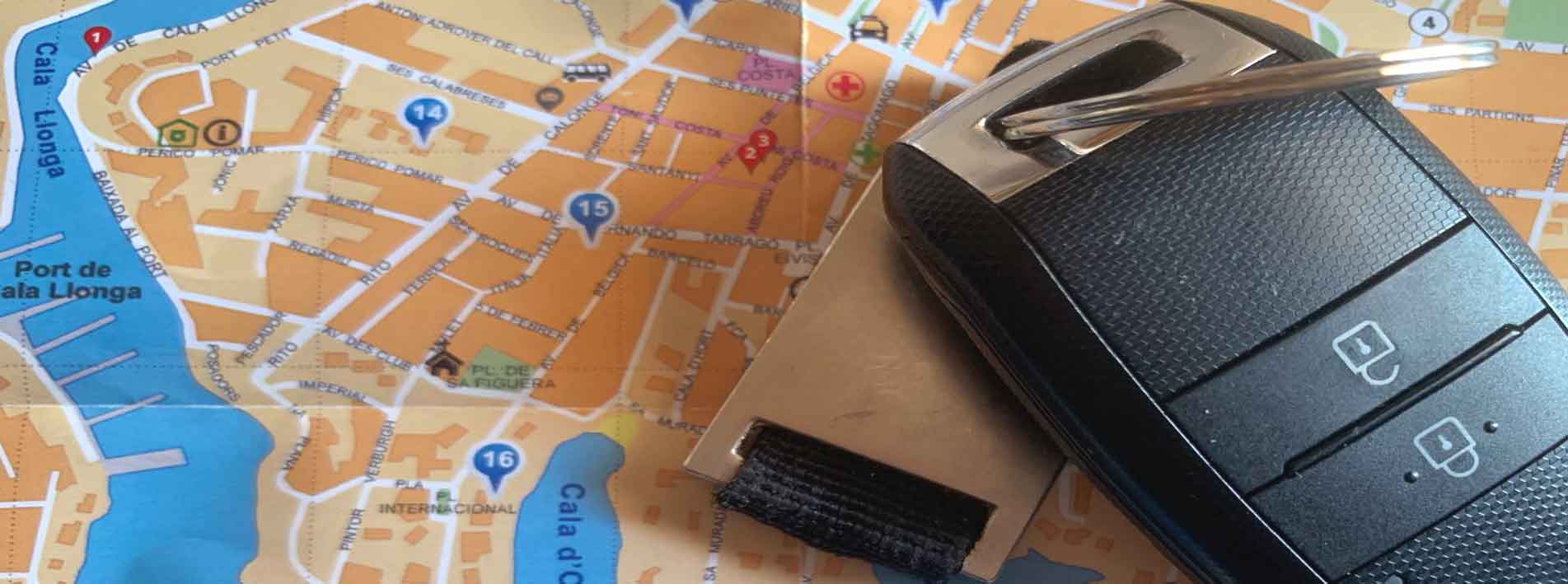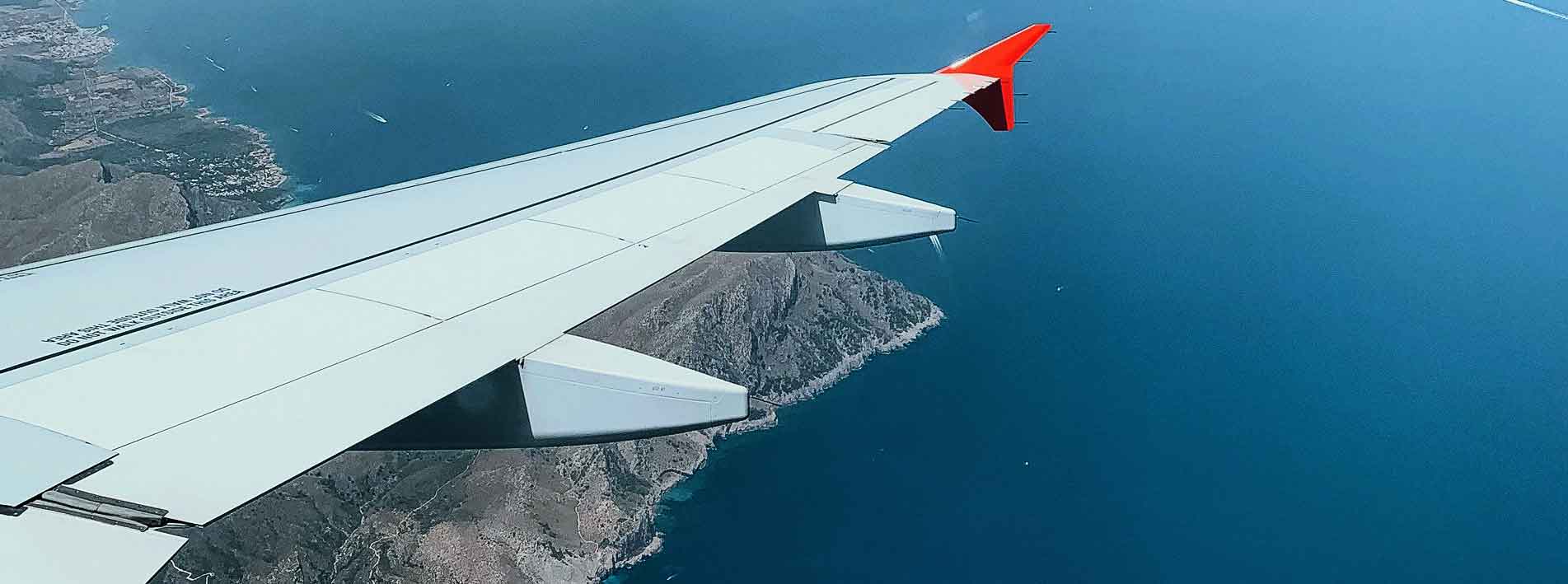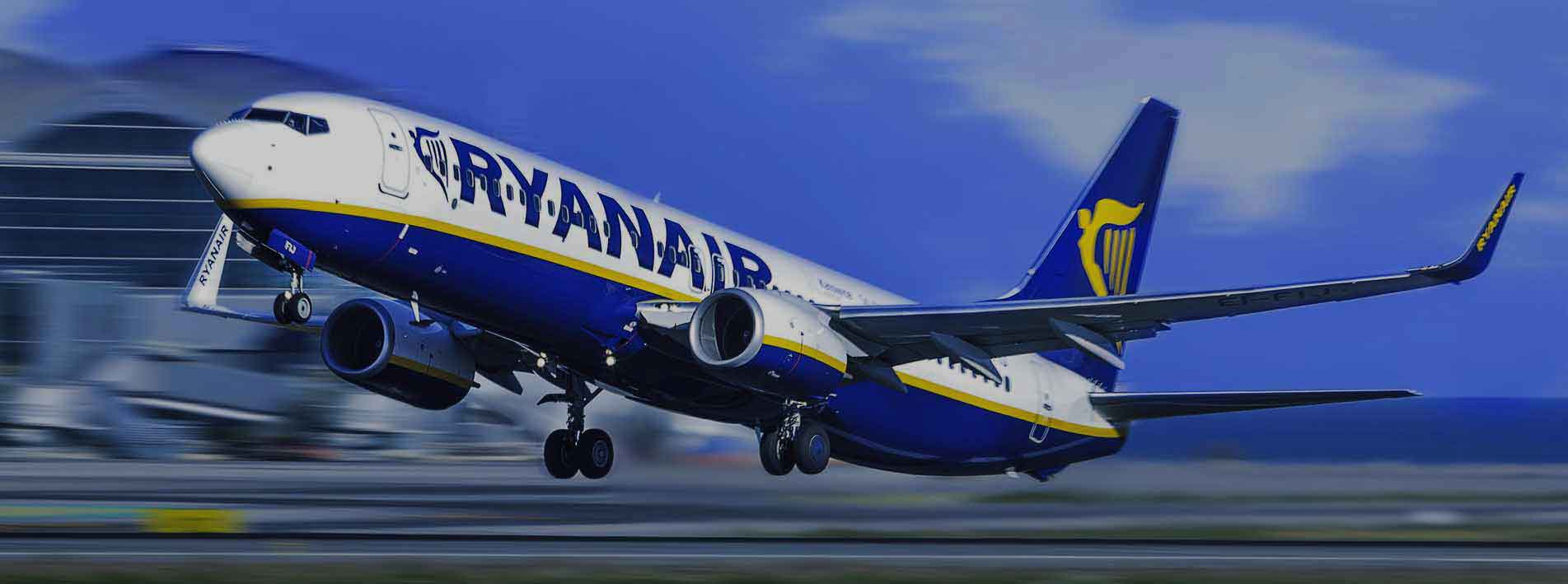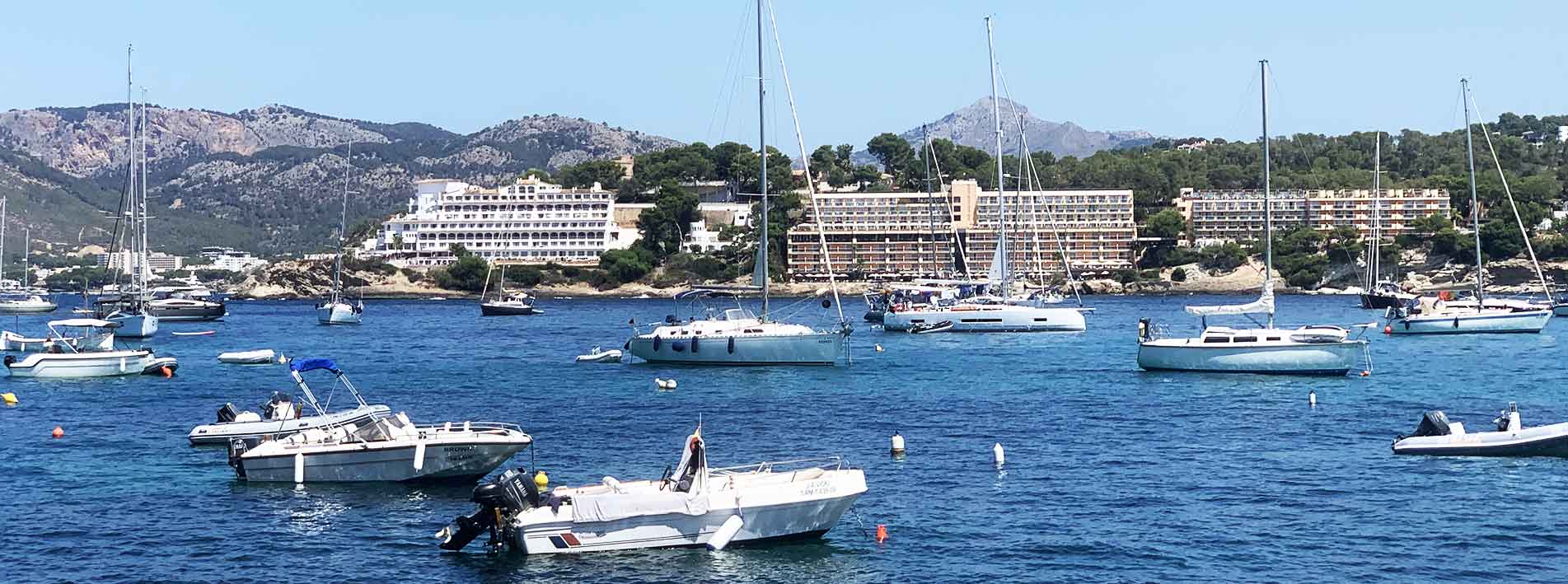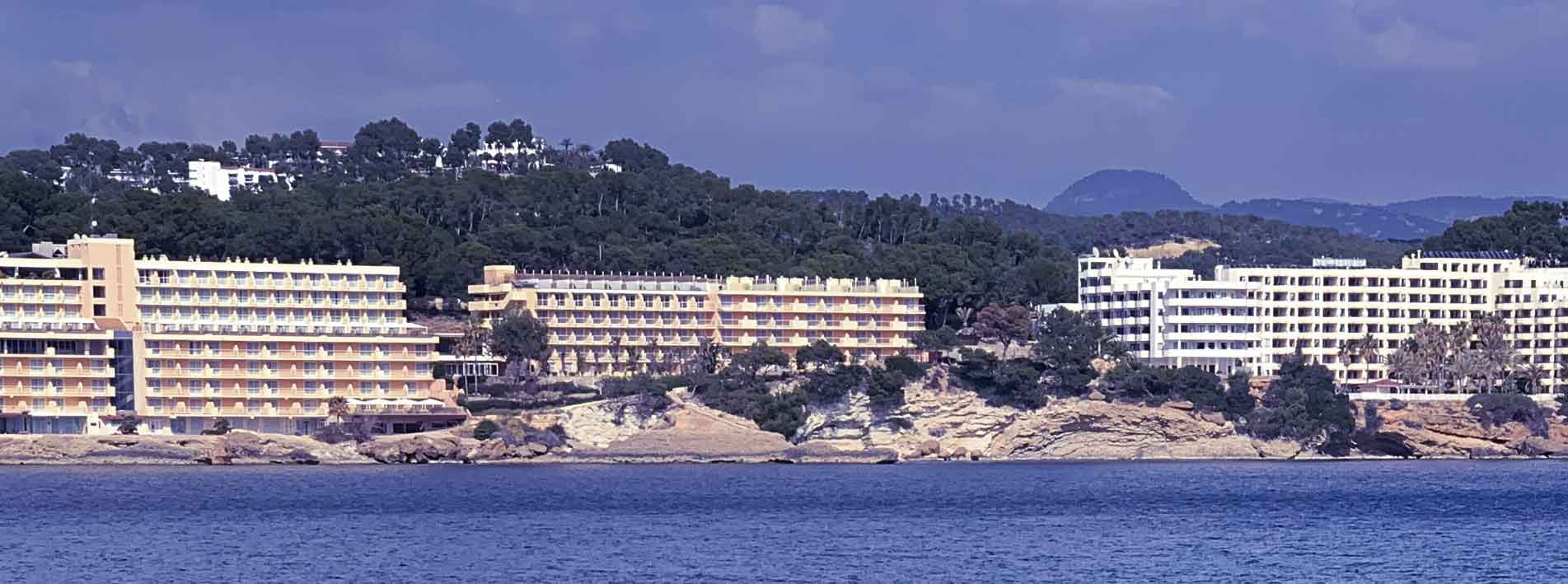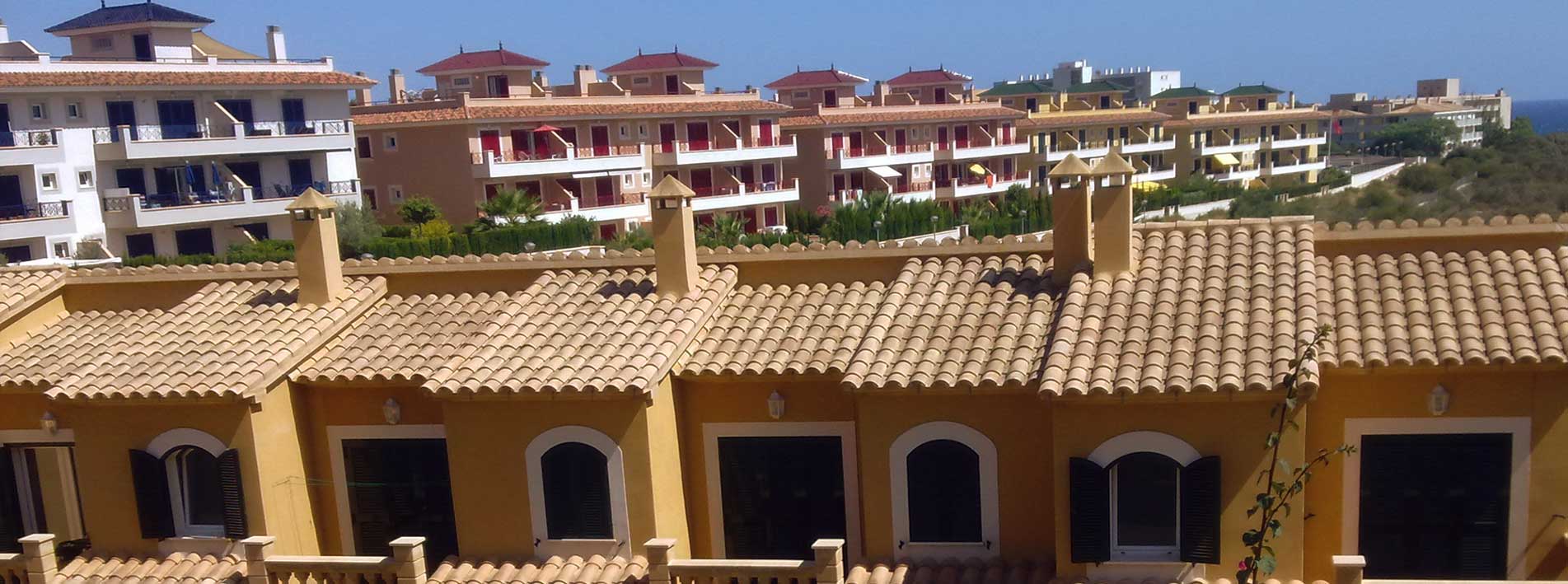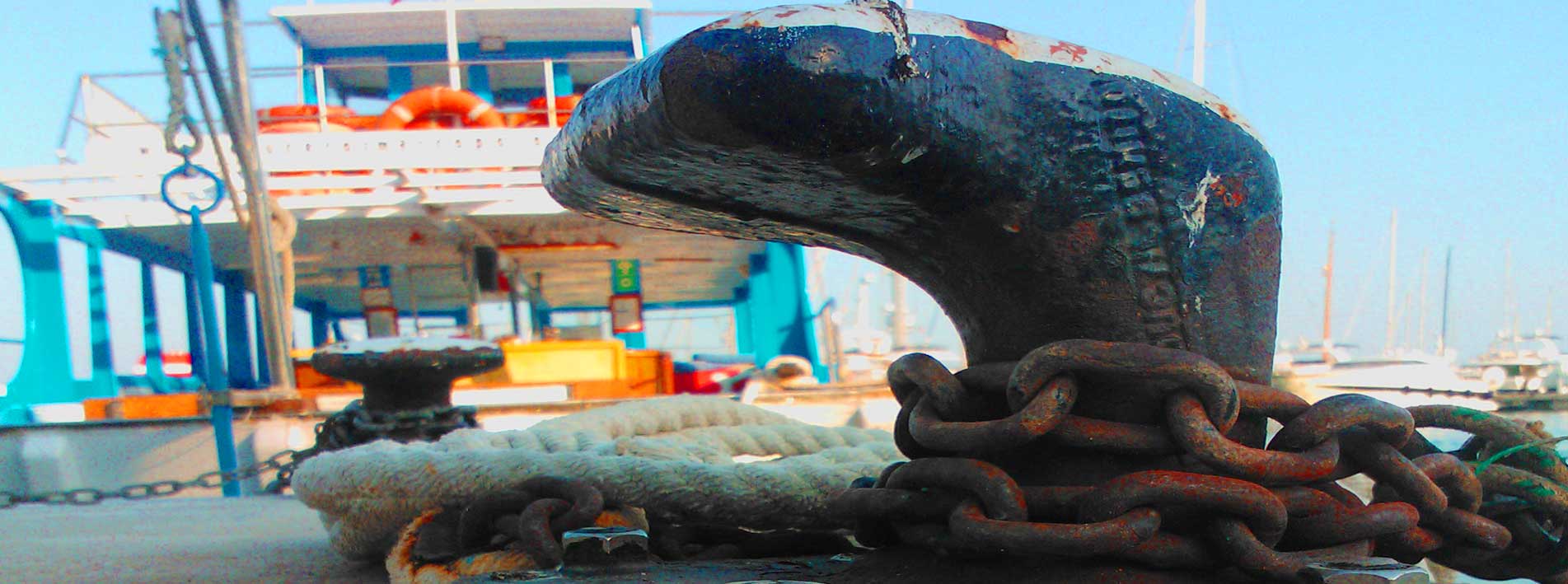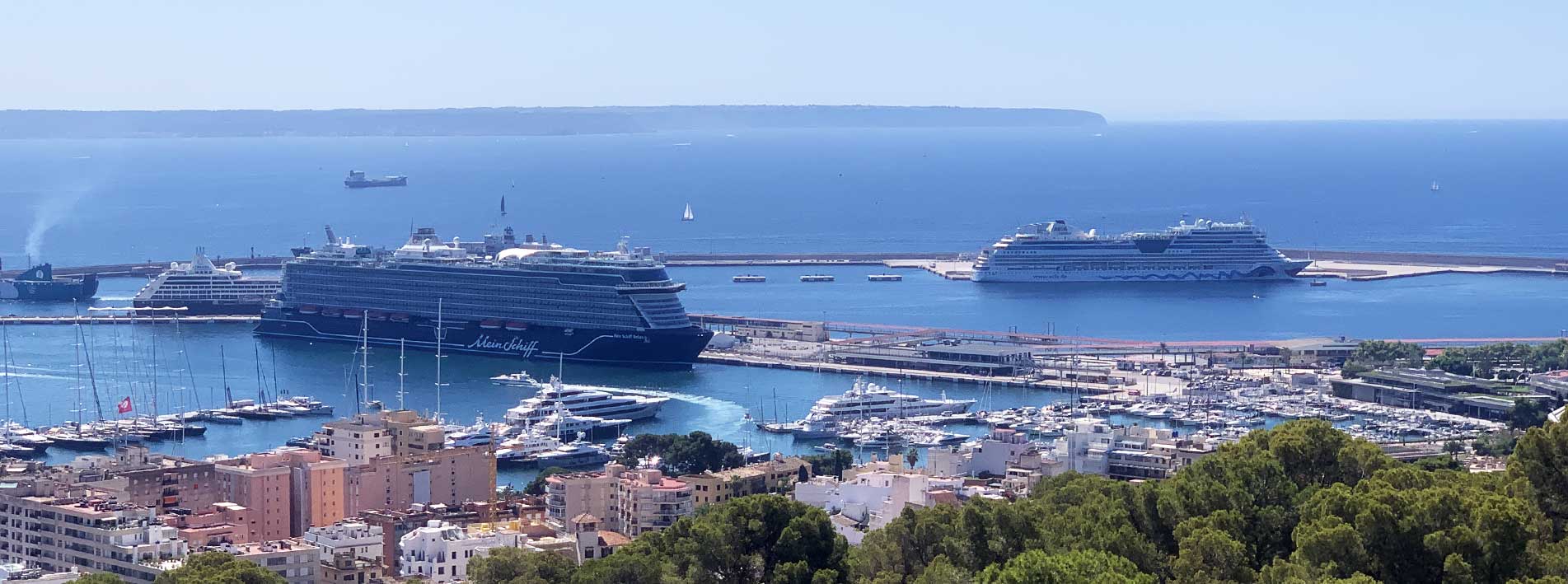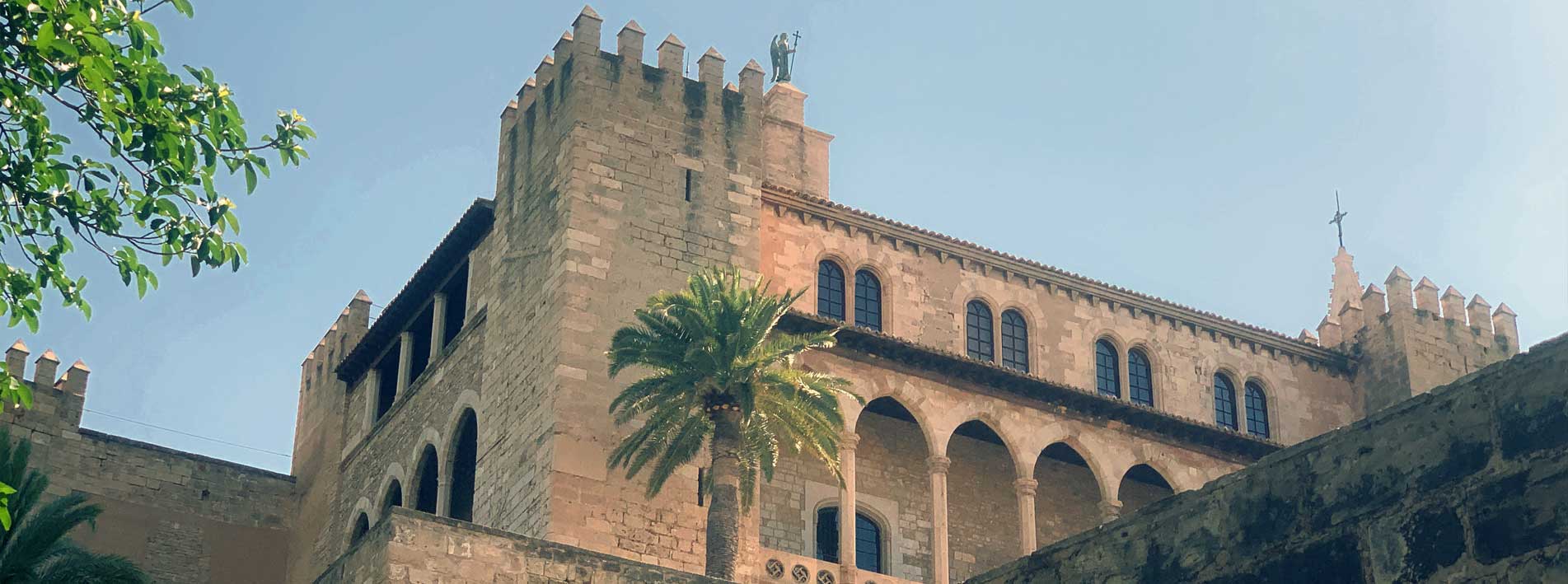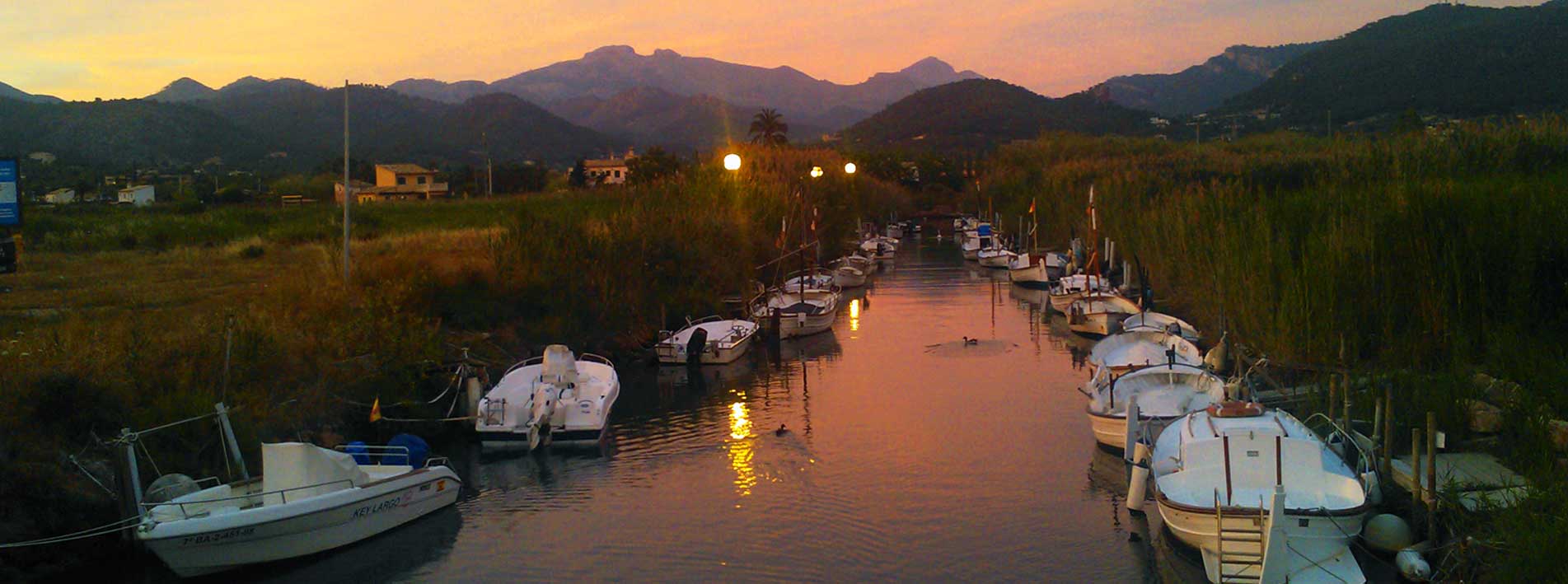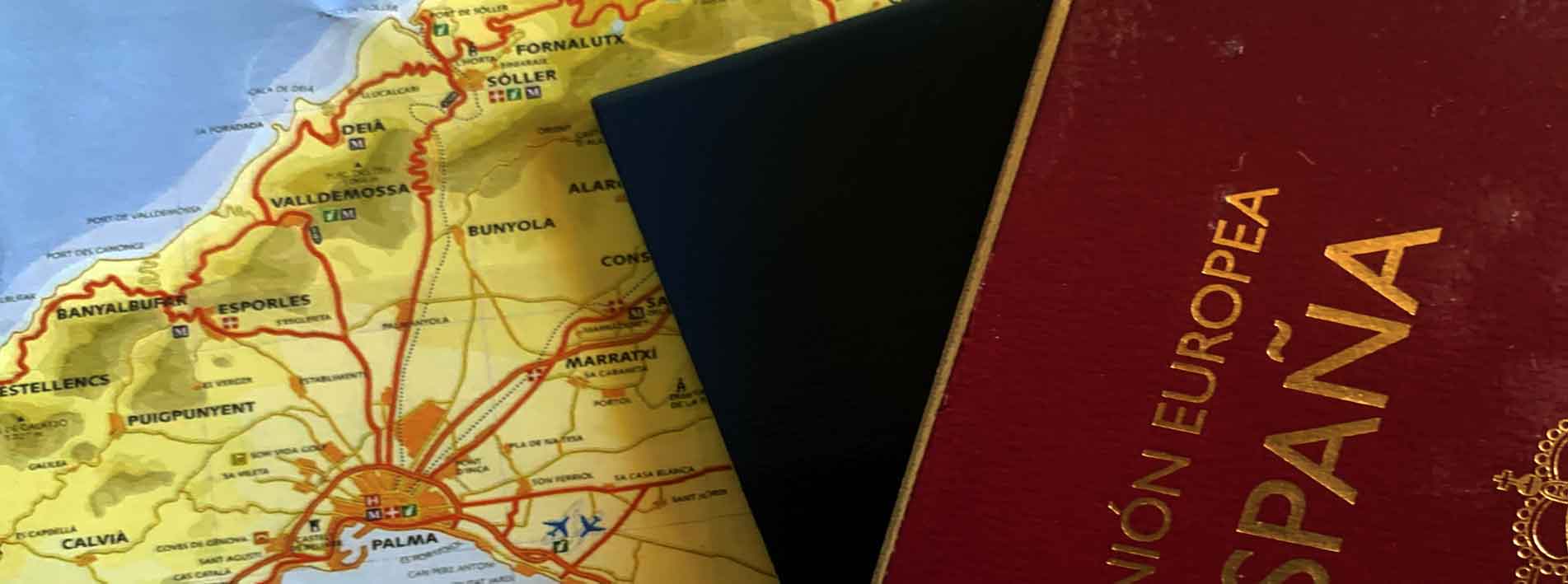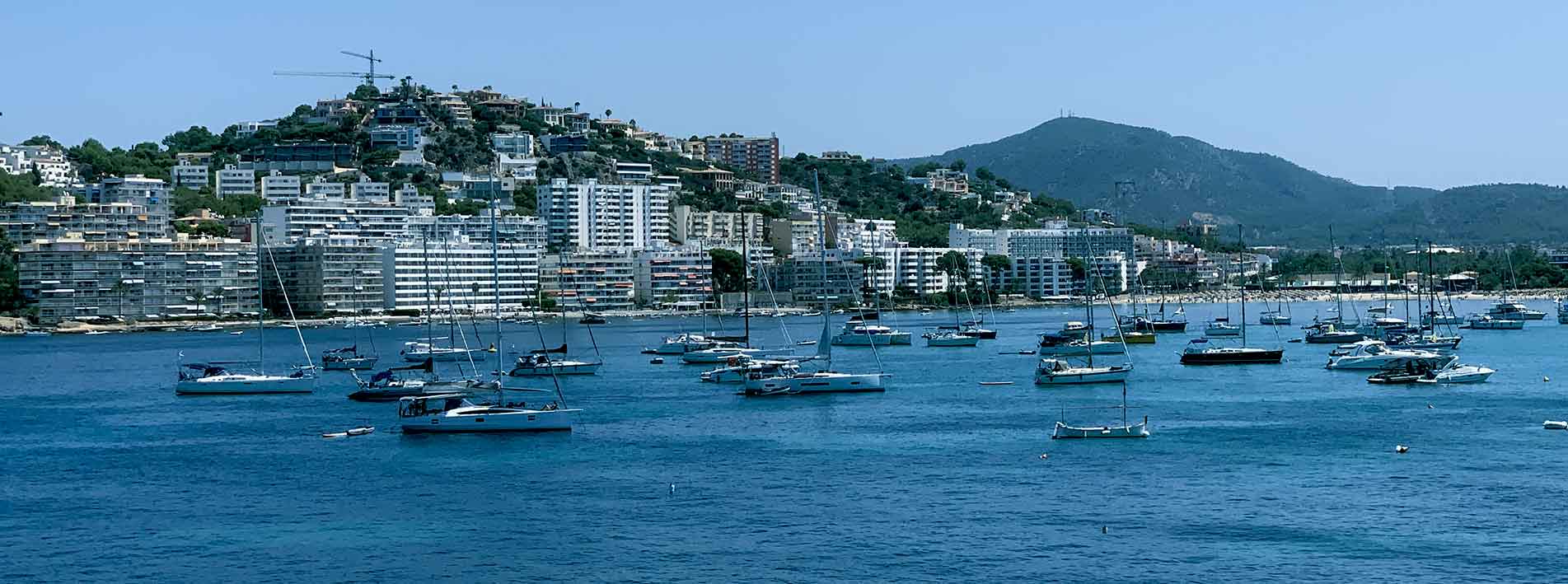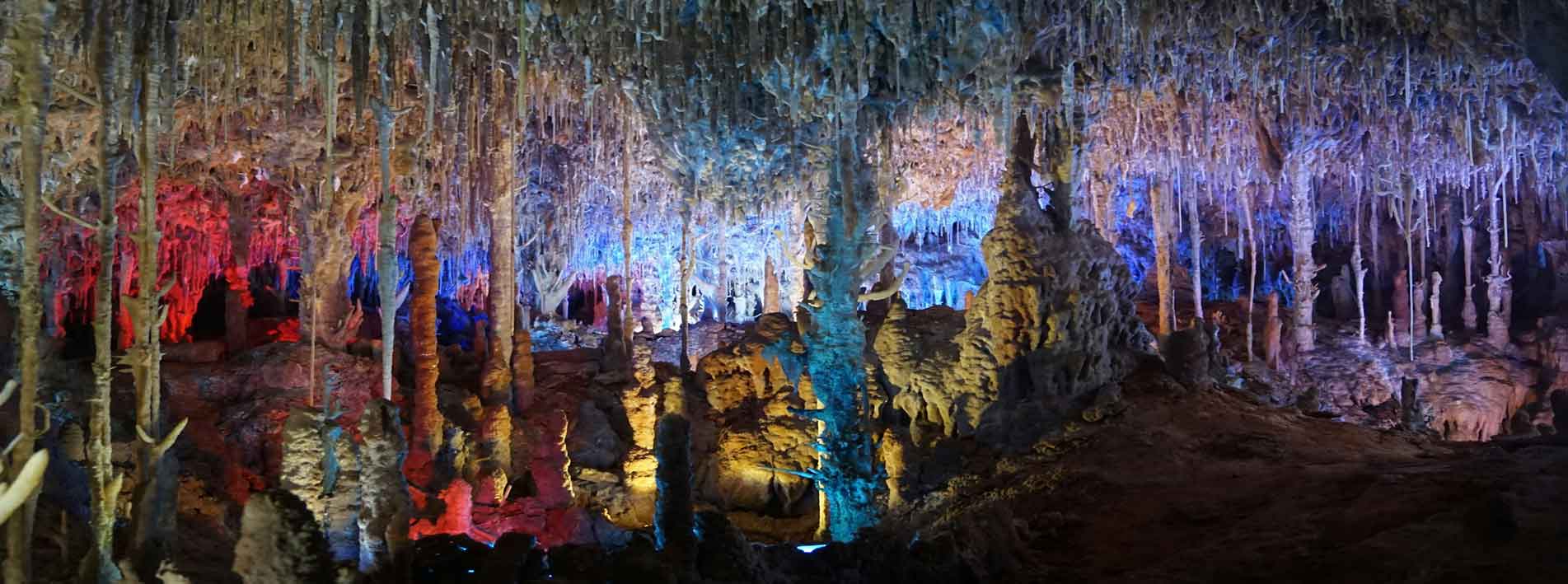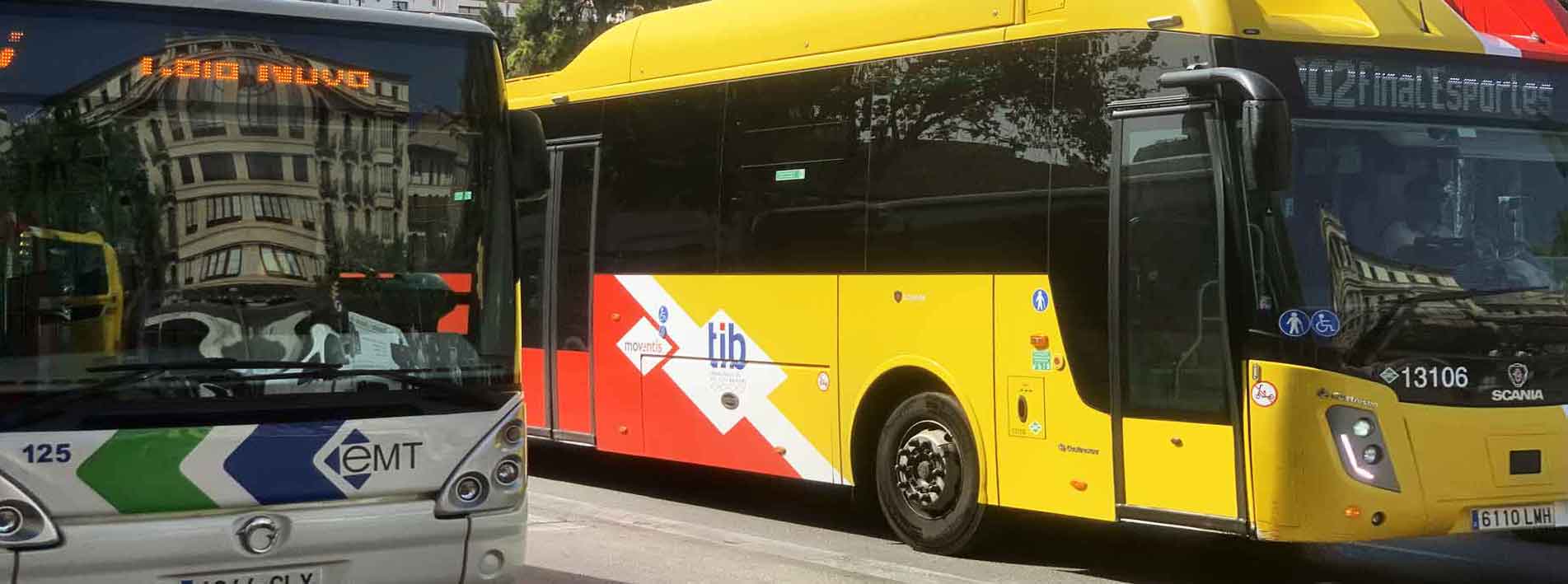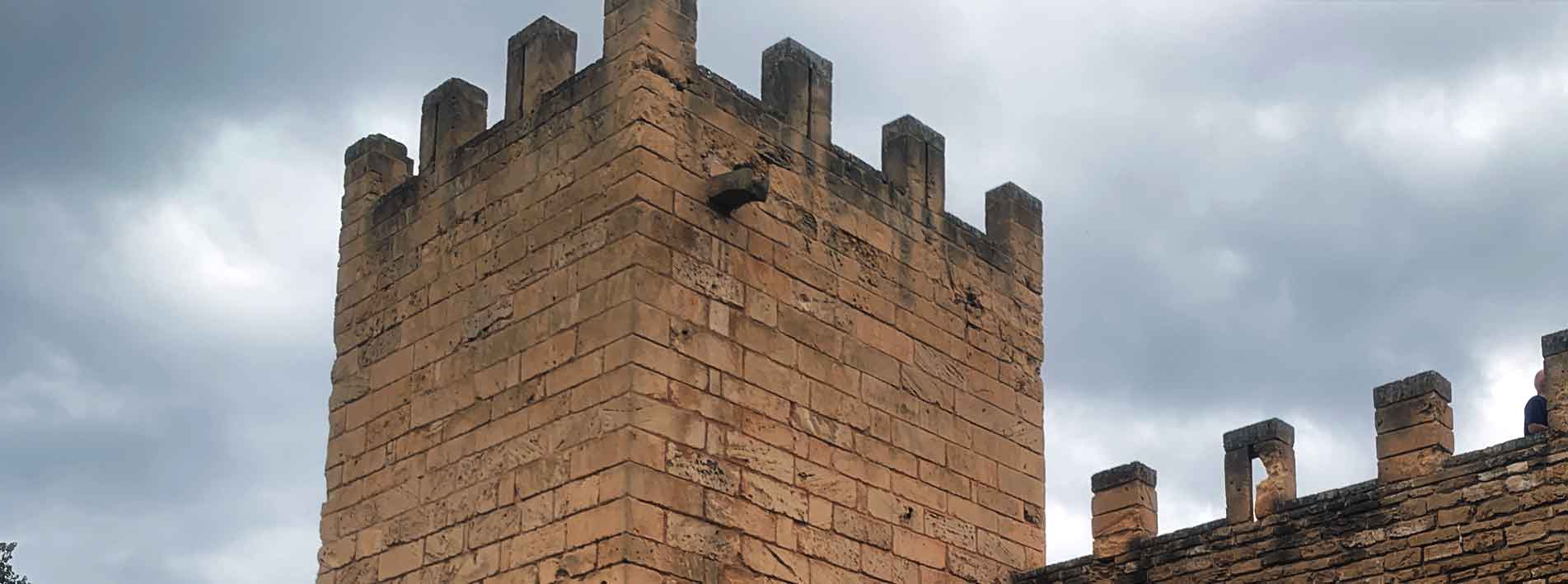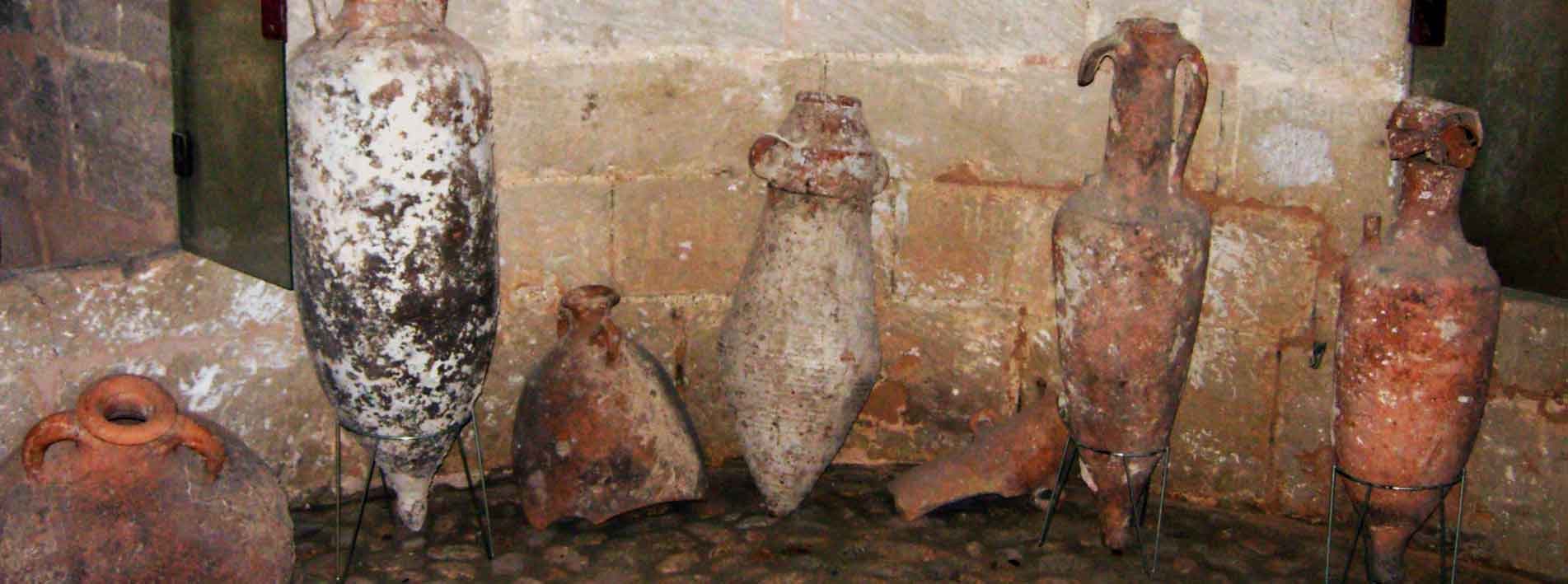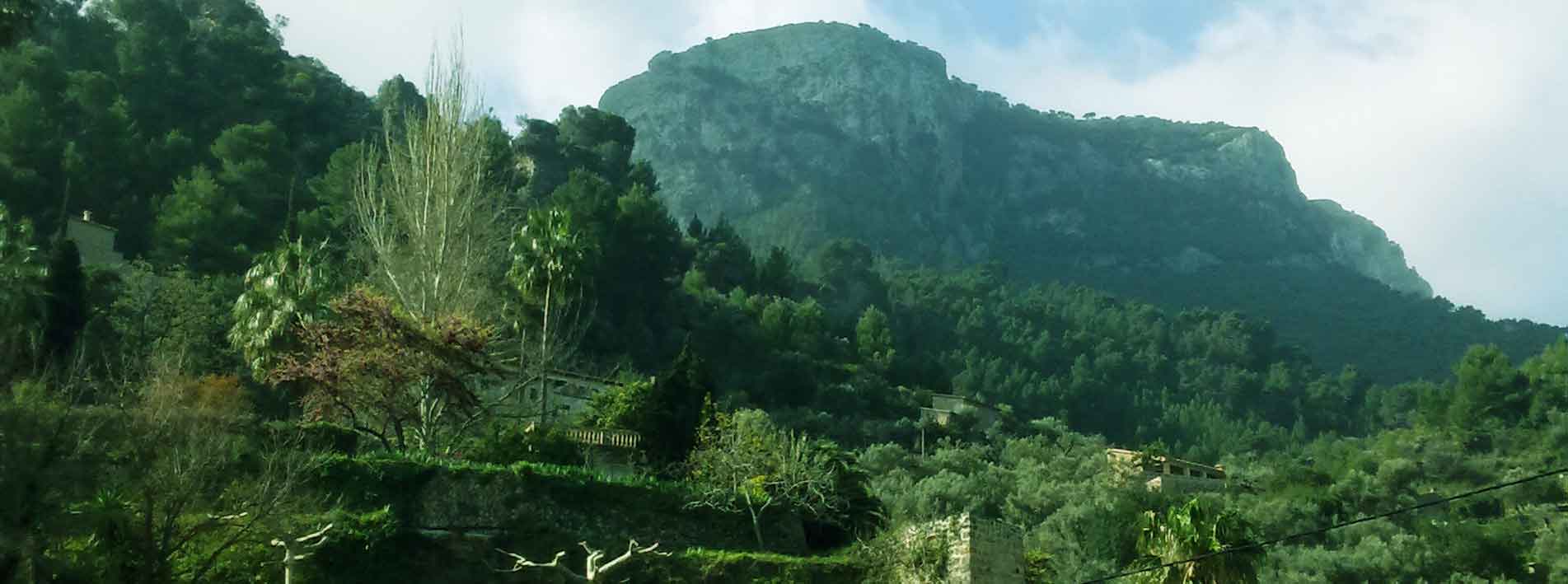The Intangible Heritage of Mallorca
In the context of culture, intangible heritage, such as oral traditions, dances, rituals, knowledge and techniques, is fundamental to identity, social cohesion and intercultural dialogue, as it fosters creativity and respects cultural diversity in the face of globalization. Its safeguarding, promoted by the UNESCO Convention, ensures the transmission of this legacy to future generations, strengthening collective memory and promoting peaceful coexistence.
Intangible Heritage:
Importance of Intangible Heritage
For an expression to be considered intangible heritage, it must be recognized by the communities that practice it. Therefore, the participation of these communities is essential in all safeguarding measures. Intangible heritage has intrinsic value for communities, so interventions to safeguard it must respect customary practices and the values that heritage has for them.
Intangible or Immaterial Heritage in Mallorca
The knowledge, techniques and expressions that make up intangible heritage are irreplaceable and are at risk of disappearing if not properly safeguarded. The preservation of intangible heritage in Mallorca can have a positive impact on communities and urban planning, promoting a more equitable and sustainable use of resources. Intangible heritage of Mallorca has built bridges between generations, allowing traditions and knowledge to be kept alive and adapted to the times.
Intangible heritage preserves cultural diversity in the face of homogenization and serves as a driving force for creativity and the development of new cultural expressions. Its intergenerational transmission ensures the continuity of historical memory and a sense of belonging, which are vital to the history of a community.

